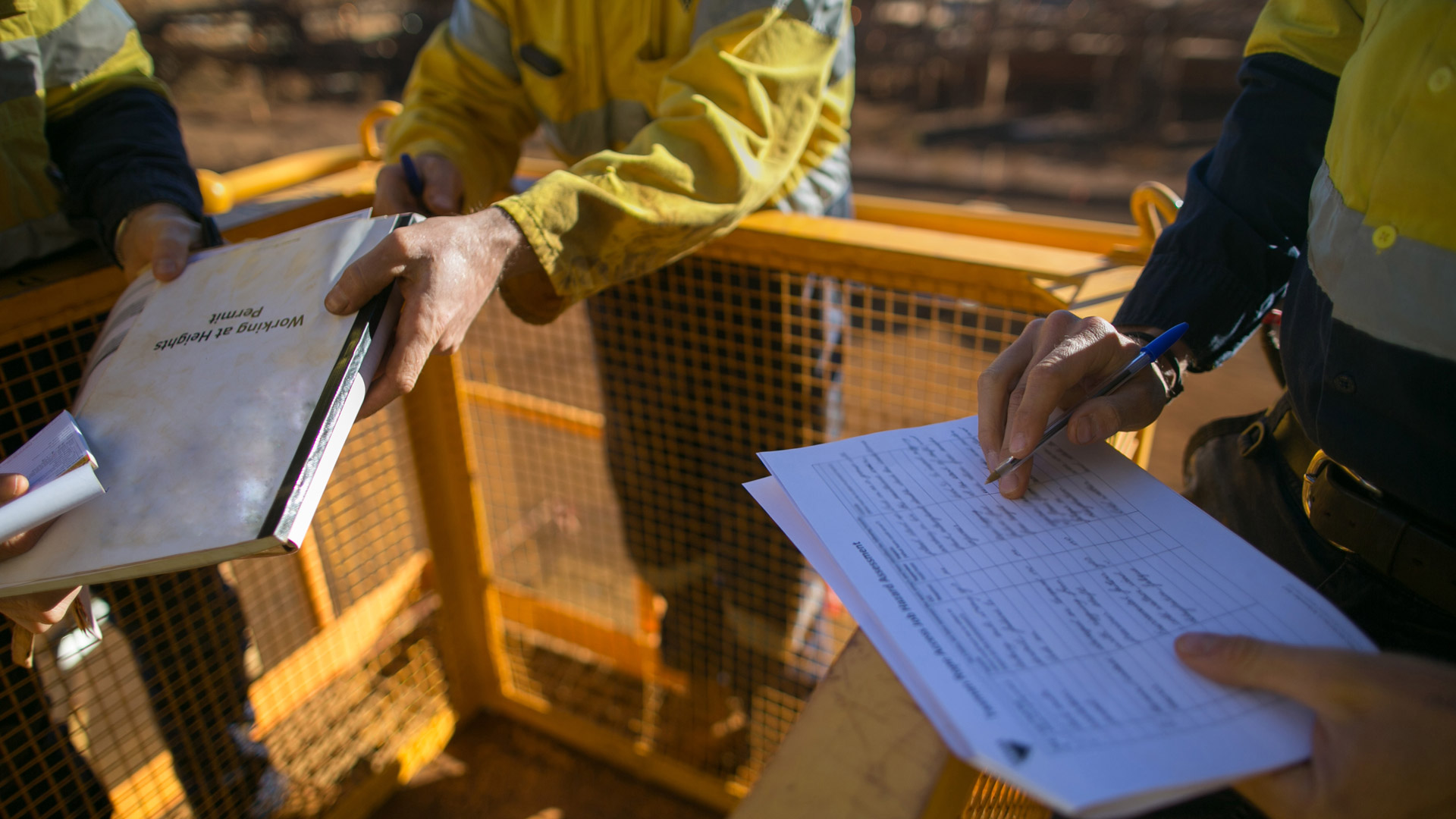Employees across the UK are spending too much time on menial tasks such as sending emails, updating the status of tasks and having unnecessary meetings.
New research from work management platform Asana shows that 61% of knowledge workers (including accountants, editors and programmers) spend too much time doing 'work about work'. In 2021, an estimated 134 hours were spent in avoidable meetings and calls, whilst another 107 hours were spent redoing work.
Over a third (36%) of those surveyed said they spent more time on emails compared to 12 months ago, whilst over half admitted to multitasking during virtual meetings, suggesting that meetings were distracting from important work.
Asana's head of international, Simon O'Kane, believes businesses need to find more efficient ways to communicate with their teams. He said:
"In our fundamentally changed and ever-changing working world, ‘work about work’ is absorbing far too much of workers’ time. It still remains a challenge which needs to be addressed. Unnecessary meetings are a major contributing factor to this. It is time for business leaders to look beyond what they might have traditionally done and find new ways of collaborating with and aligning their teams."
O'Kane suggested that employees providing updates remotely could help cut down on unnecessary meetings. He added:
"In order to combat these alarming trends, business leaders should prioritise encouraging teams to share asynchronous updates rather than defaulting to meetings as a catch-all for team alignment. Organisations must also set clear guidelines on what constitutes a meeting instead of an email or other forms of asynchronous communication. By providing training on how to run a meeting effectively and efficiently when it is genuinely required, everyone will have a benchmark to follow."
You may also be interested in
RELATED CONTENT
RELATED COURSES

The Permits to work course explores the elements of permit-to-work systems and the high-risk activities that may require them.

The Working at height course helps learners understand the dangers associated with working at height and ways to control the risks

An employer has been sentenced for failing to reduce the exposure and spread of asbestos when demolishing a large pig shed.

The government is taking "strong action" against unscrupulous employers that use the controversial practice of ‘fire and rehire’, it has announced.

The legal term ‘reasonably practicable’ plays a crucial role in determining the level of care and precautions required in different areas of law, such...

The CIPD has published a new report, An update on flexible and hybrid working practices, which looks at the types of flexible working arrangements bei...